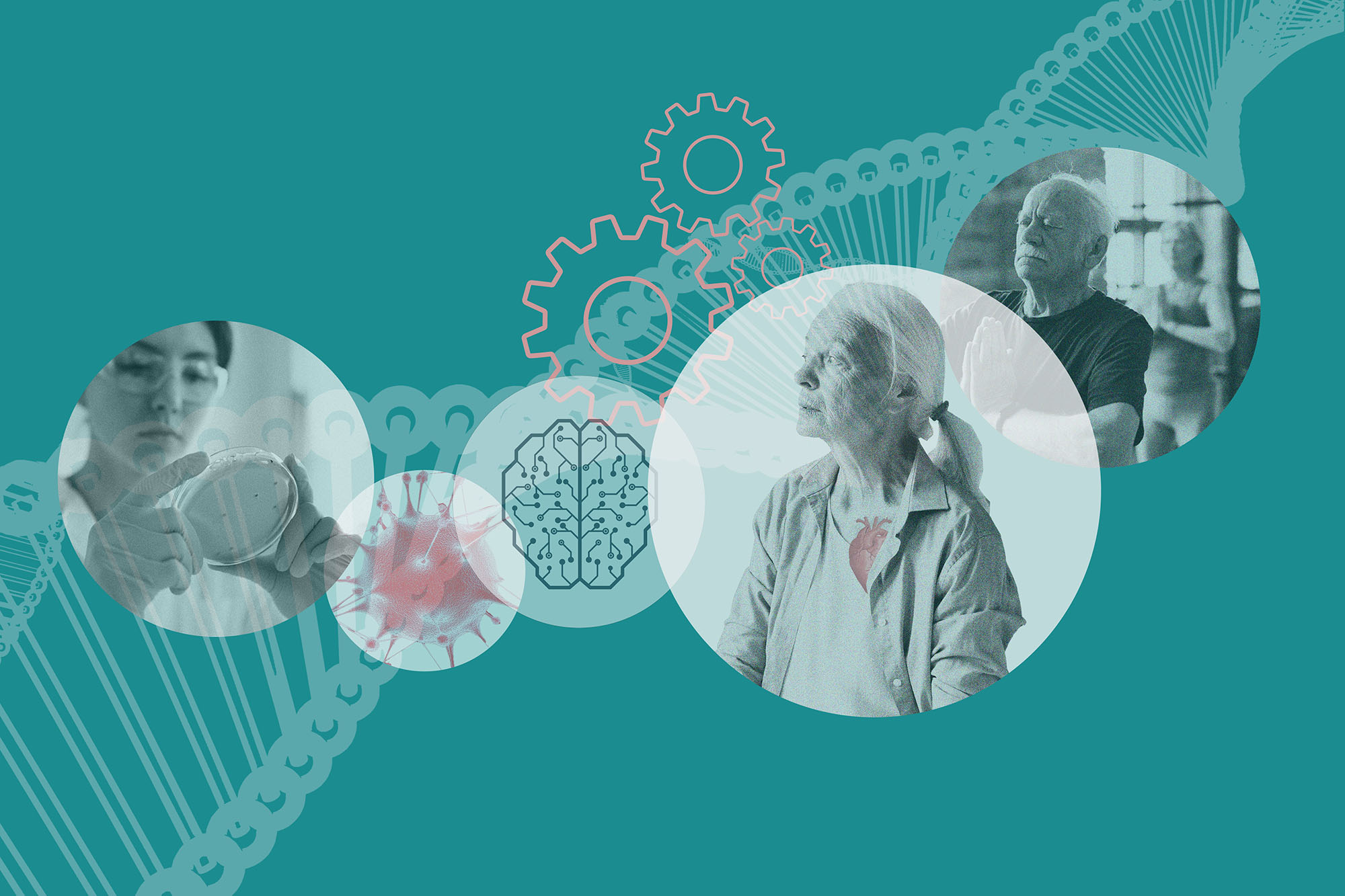Swiss hospital to begin human Aids vaccine trials

A hospital in the Swiss city of Lausanne has announced it will conduct human trials of potential new Aids vaccines.
Together with a hospital in London, the Lausanne University Hospital will begin the first vaccine tests on humans early next year.
Giuseppe Pantaleo, head of the immunology and allergy unit at canton Vaud’s University Hospital (CHUV) in Lausanne, said several vaccines would be tested during the preliminary stages of the trials.
Further tests will then be conducted on a selected number of the most promising vaccines.
Recruiting volunteers
Those in charge of the trials say they will soon begin the process of recruiting around 80 volunteers from the Lausanne region to take part in the trials.
Medical authorities in Lausanne stress that none of the candidate vaccines lined up for use during the test stage poses any risk to those who sign up to participate in the trial process.
Pantaleo – considered to be one of the world’s leading scientific experts in the field of Aids research – warned that the trials would not automatically lead to the development of a successful vaccine.
“The first step is to test the security and tolerance of our candidate vaccines,” said Pantaleo in an interview with the Swiss newspaper, “24 Heures”.
“We will then select the best of the lot in order to conduct [further] analysis of the capacity of the vaccine to induce a response of immunity,” he continued.
Long wait for results
Experts warn that the preliminary trials – even if they are successful – are unlikely to lead to the commercial development of a vaccine for several years.
“Even if we work quickly,” cautioned Pantaleo, “we would need six to eight years.”
“If one of the [candidate vaccines] shows potential, you would then need three to four years to evaluate the efficiency of it.”
Though scientists are anticipating a long-term trial programme, Pantaleo is optimistic that “several” candidate vaccines could potentially have a major impact on the future treatment of Aids.
“Perhaps the vaccines will never be 100 per cent efficient. But I would be happy if we obtained a vaccine with an efficiency rate of 50 to 60 per cent,” said Pantaleo.
“For developing countries with all the social and economic problems associated with Aids, that would already be progress.”
International research
If and when the team of researchers in Lausanne succeeds in singling out a particular vaccine for further study, an extensive programme of tests would still have to be conducted in the developing world.
“In order to determine the efficiency of a product, we must conduct tests outside Europe, in developing countries where the frequency of infections is much higher,” said Pantaleo.
“This research will be conducted in cooperation with the international scientific community in Europe and the United States. If people believe we’re going to quietly develop a vaccine just in our corner of Lausanne, they are very much mistaken.”
swissinfo with agencies
A hospital in the Swiss city of Lausanne is to begin testing potential Aids vaccines on humans next year.
Those in charge of the testing programme are to recruit 80 volunteers to take part in the trial programme.
Experts say that even if the trials are successful, a potential vaccine against Aids is still years away.

In compliance with the JTI standards
More: SWI swissinfo.ch certified by the Journalism Trust Initiative










You can find an overview of ongoing debates with our journalists here . Please join us!
If you want to start a conversation about a topic raised in this article or want to report factual errors, email us at english@swissinfo.ch.